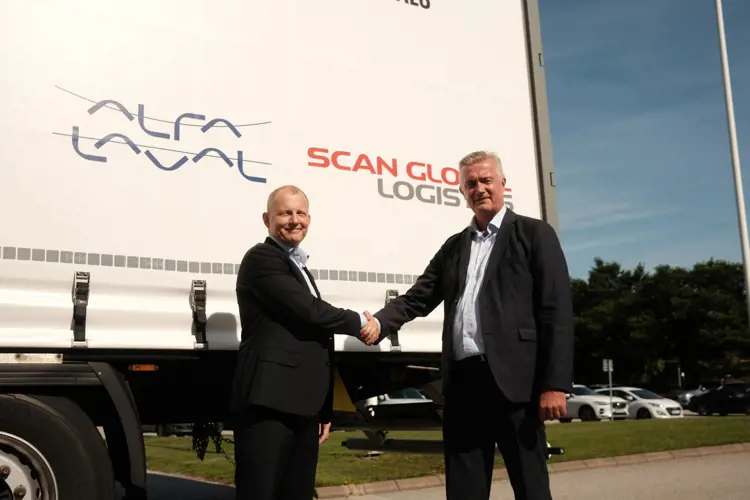
News
Transportation action guide launched at COP28
05 Apr, 2024
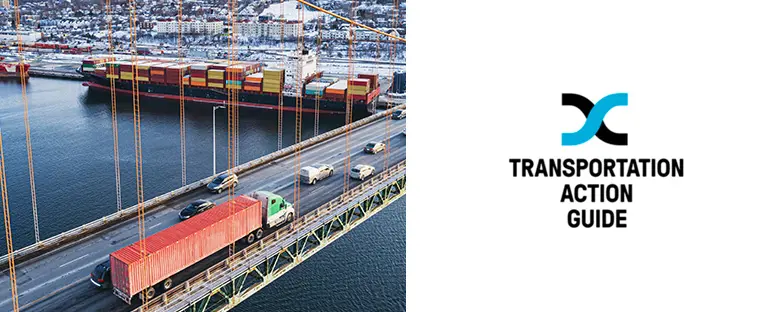
The guide addresses Scope 3 supply chain emissions, which are among the most challenging to reduce because companies do not have direct control over them. It provides details on how to decarbonise the supply chain through concrete, readily available and scalable solutions for all transport modes.
‘We hear from many of our customers that translating emissions targets into action is a challenge,’ says Martin Andersen, Global Head of Sustainability & ESG, and continues:
The Transportation Action Guide demonstrates that immediate, concerted action can achieve steady reductions year-on-year.
50% reduction by 2030 is still within reach
By reducing Scope 3 emissions by 10% per year starting from 2024, companies can achieve a 50% reduction by 2030. However, a delay of one or two years will put the target out of reach unless heavy investments are made. Instead, the guide recommends that companies should start reducing CO2 immediately to achieve their Scope 3 emissions target by 2030.
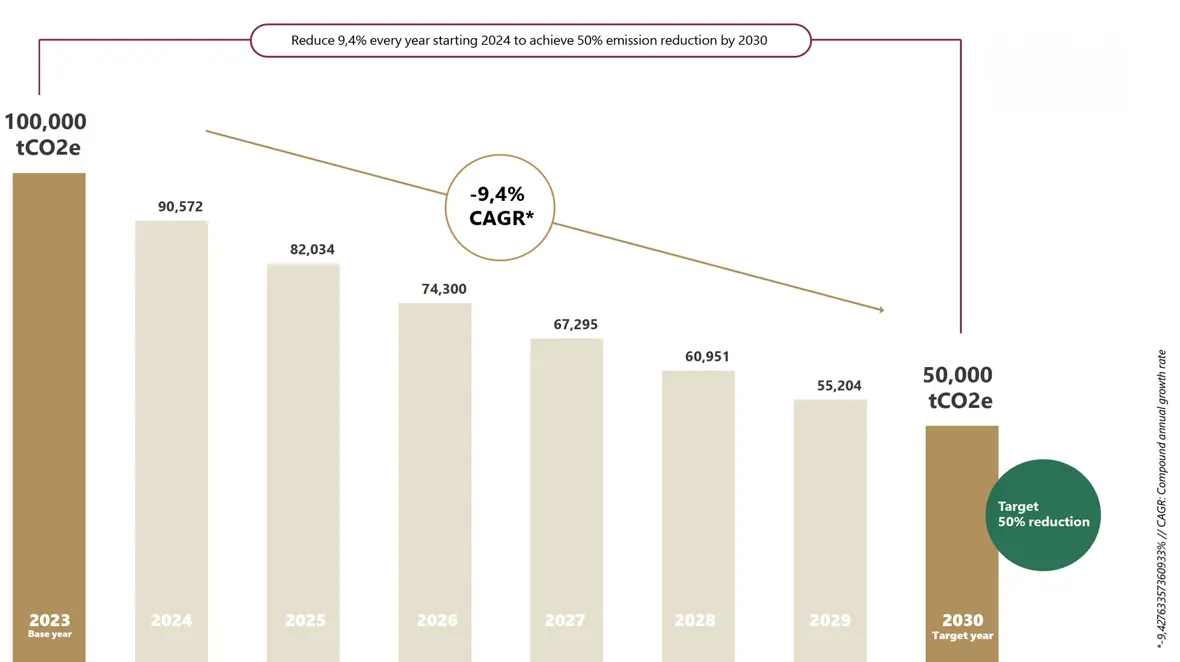
An approx. 10% yearly reduction from 2024 will result in a 50% CO2 reduction by 2030.
The emissions reduction roadmap
The guide provides a roadmap with five steps for companies to reduce their transport emissions:
1. Assess your company’s transport emissions
2. Reduce transport
3. Replace fossil fuels by implementing sustainable solutions
4. Rethink transportation
5. Measure and evaluate the results continuously
No two companies or supply chains are alike, so the right decarbonisation solutions will always differ. The reduction roadmap combines low carbon modes, biofuels, and low-emitting pre/post carriage transport solutions such as e-trucks.
The step-by-step process allows companies to factor in their specific needs, whether it’s achieving results fast, choosing cost-effective solutions, or improving their services.
‘Based on SGL Group’s CO2 Report, we start by establishing the customer’s transportation emissions across all modes of transport. Knowing where their efforts will have the most impact, we use our reduction solution catalogue to decide on the most optimum plan,’ explains Martin.
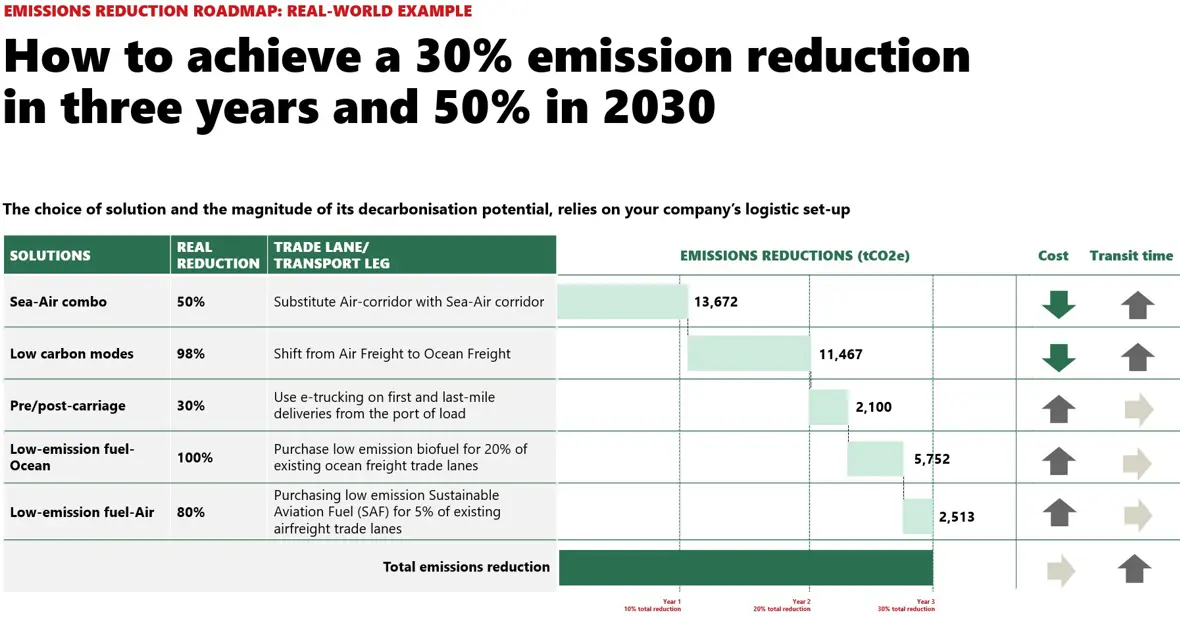
Building a reduction roadmap is possible and achievable for any company.
Rethinking the road to reducing emissions
Mads Drejer, Global COO and CCO, emphasises that modifying supply chain and production strategies can simultaneously reduce CO2 emissions and costs.
‘Companies, for instance, requiring a fast transit time between Asia and Europe often rely heavily on airfreight. It’s environmentally and economically costly. Therefore, working with the customers on changing their logistics setup and combining alternative solutions can turn into a win-win-win, by reducing CO2 emissions, cutting costs and keeping fast deliveries. Some of these solutions even make the supply chain more resilient to disruptions, which is high priority,’ he says. He explains the win-win-win approach slowly gaining traction within the industry:
‘Rethinking the supply chain for long-term benefits is something we expect to see more of in the future. We believe cost savings and sustainability can go hand in hand.’
SGL Group’s recent customer collaborations include launching an electric truck with Alfa Laval, MAN Energy Solutions shifting to ocean biofuel on one of their highest traffic routes from Asia to Europe and Majid Al Futtaim shifting to sustainable aviation fuel (SAF) on shipments from Asia to the UAE.
Read more about the projects below:
Customers accelerating their sustainable efforts

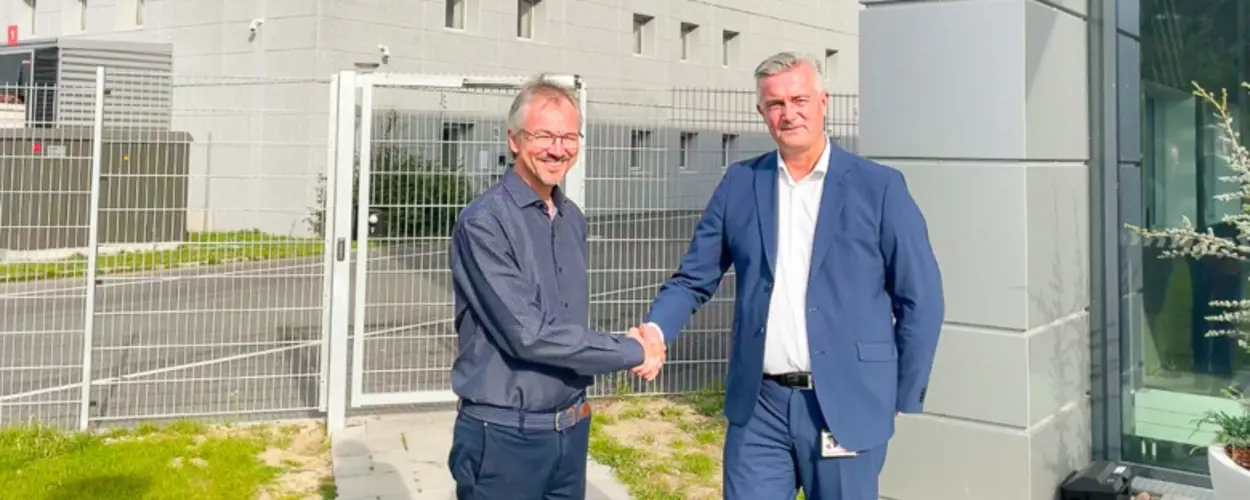
Stepping into a more sustainable future with MAN Energy Solutions
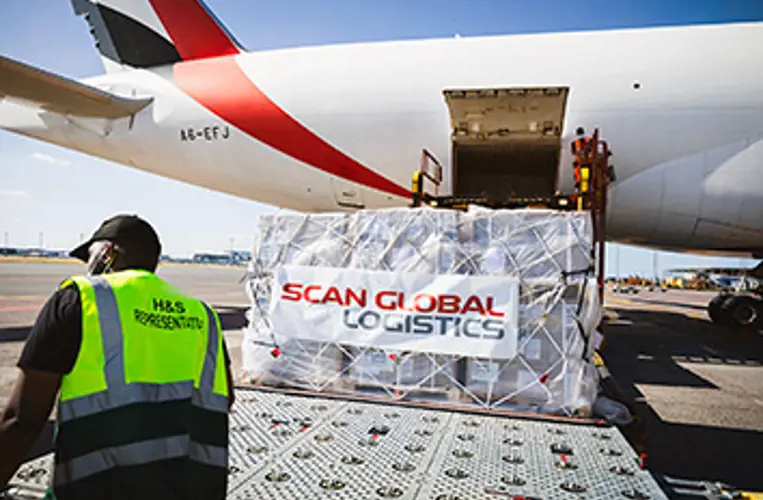
Launching pilot project with Majid Al Futtaim Lifestyle using Sustainable Aviation Fuel (SAF) to reduce carbon emissions



